Giving voice to farmers and producers: An interview with Associate Prof Anne Touboulic
October 29, 2019
Associate Prof Anne Touboulic researches sustainable supply chains from a social sciences perspective. She is based in the Business School and is a member of the Future Food Beacon leadership team. Dr Touboulic works often with rural food producers to co-create research to develop better food systems. In this interview, she talks with Lexi Earl about …
Measuring carbon and water cycles in crop resource-use efficiency research
September 30, 2019
This post is written by Erik Murchie, Lorna McAusland, and Georgina Barratt Plants are active day and night, performing myriad processes in metabolism, conducting environmental sensing and responding to stimuli. The processes that draw carbon and water from the environment and into the plant and that shift oxygen and water out of the plant (photosynthesis, …
Using narratives to understanding eating disorders: an interview with Associate Professor Heike Bartel
September 20, 2019
Associate Professor Heike Bartel is a scholar in German Literature, based in the School of Cultures, Languages and Area Studies at the University of Nottingham. Dr Bartel’s work explores the narratives of food, health and illness. She is a member of the Future Food Beacon Leadership team. In this interview, Dr Bartel talks to Lexi Earl …
The Future Food Beacon MakerSpace
August 21, 2019
We spoke to Principal Research Fellow Darren Wells, Dr Jonathan Atkinson, and Dr Michael Wilson about the new MakerSpace, located in the Plant Sciences building here on Sutton Bonington campus. Tell us about the MakerSpace… The Future Food Beacon MakerSpace is an innovation hub established to support experimental and outreach activities in Biosciences and elsewhere. …
Duckweed: plant for the future!
August 15, 2019
One of the wonderful things about science is the sense of exploration into the expanse of the unknown. Finding future food sources, particularly protein, outside of livestock, is becoming increasingly important, for both human and animal diets. It is easy, despite the myriad of possible research avenues, to become stuck down a single trajectory, chipping …
Studying food safety in Brazil
August 7, 2019
The Food Safety in Brazil course is a second year module offered to Biosciences students at the University of Nottingham, funded by the Future Food Beacon. Established in 2017, the Food Safety course offers students the opportunity to travel to Brazil for a week to learn about contemporary issues in food safety. The course draws …
AfriPlantSci 2019: Healthy Plants, Healthy People, Healthy Planet: Building African capacity to tackle African Plant Health Challenges in Africa
July 24, 2019
This post is written by Dr Silvia Busoms and Assoc Prof Levi Yant It’s an exhilarating time for outward-looking researchers who wish to engage with the rest of the world. It has never been easier to make links with like-minded workers anywhere to team up together to tackle real world problems. As a result, international research …
Meet the Beacon: Dr Christopher Moore
July 18, 2019
Dr Chris Moore is a geneticist and the Future Food Beacon technologist. He is based in Deep Seq, where he performs DNA sequencing and provides genomics support for Future Food researchers. Chris helps researchers to plan their sequencing projects, carries out the lab work and transfers data to bioinformaticians, such as Dr Michael Wilson, for …

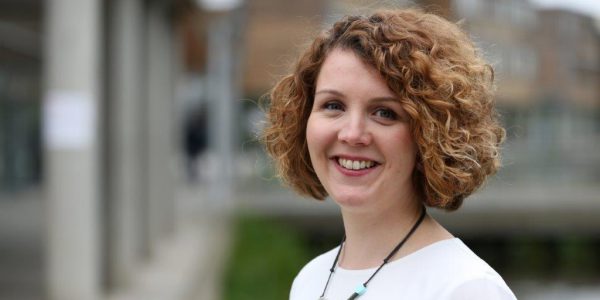
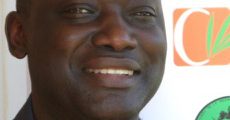
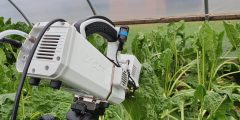

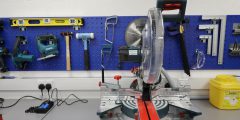
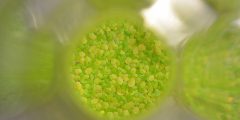
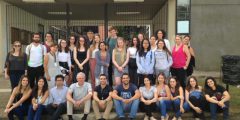


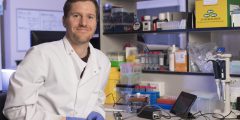
Recent Comments